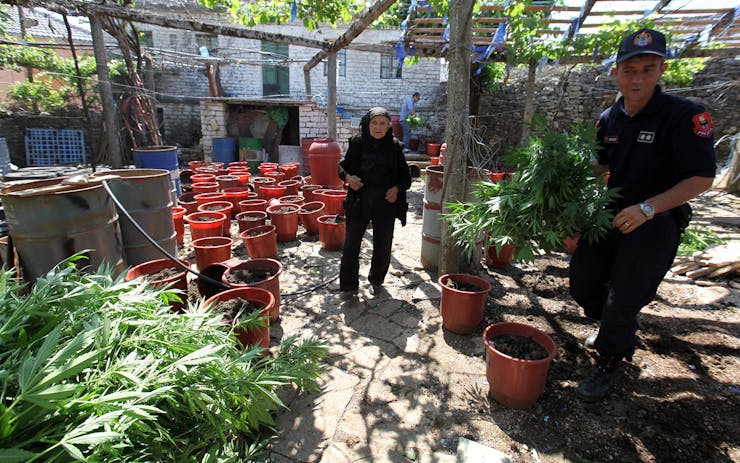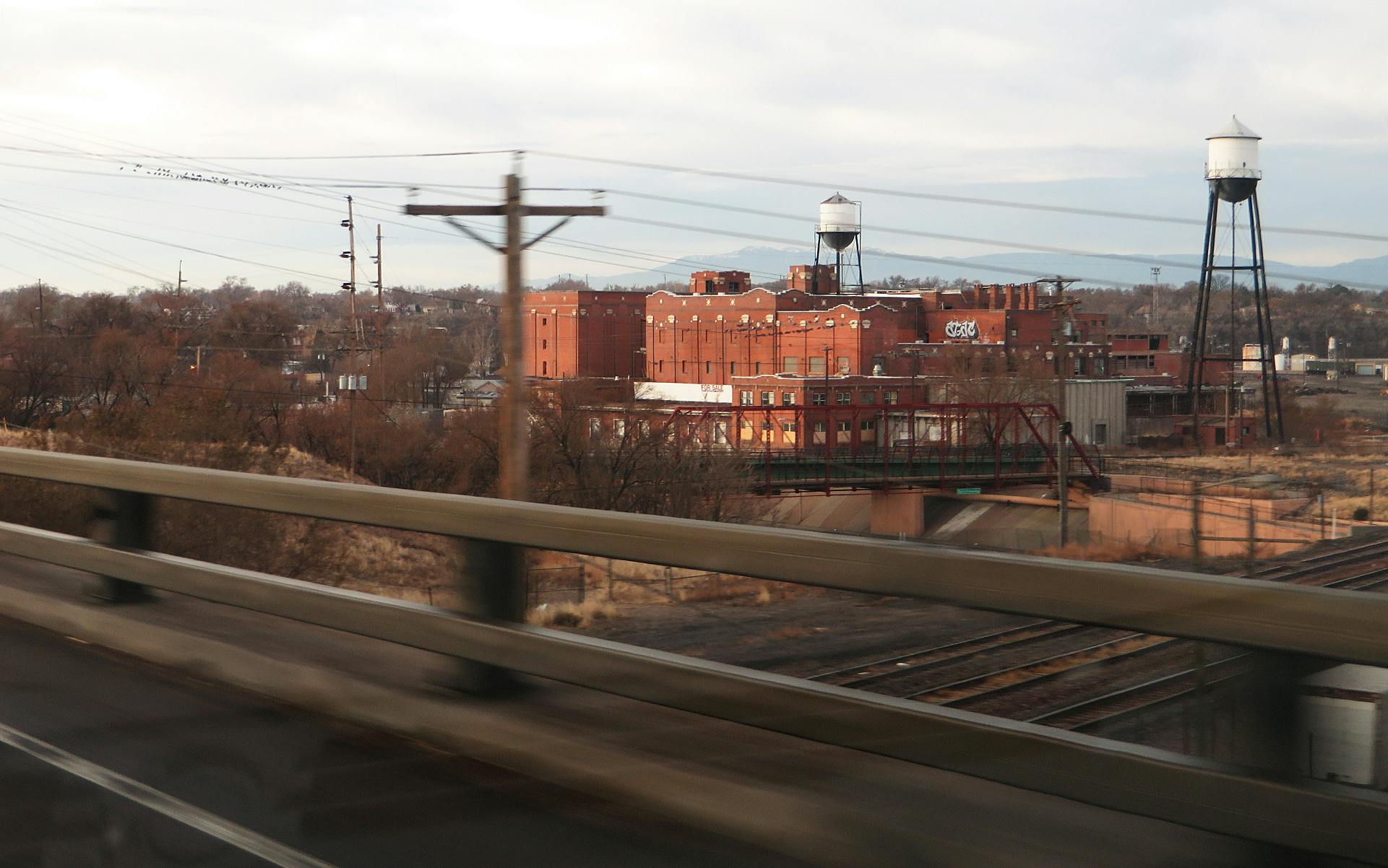U.S. News Updates
Alaska
As Alaska prepares to launch a full-fledged retail system for adult-use cannabis, many looking to enter the industry have more questions than answers. The state Alcohol and Marijuana Control Office is overwhelmed and claims it lacks the time and resources to respond to inquiries. (Unlike the application process for a liquor license, applicants can’t just sit down with state officials and have their questions answered.) In the meantime, the paper is piling up: The staff of 15 people has already received 104 applications for cultivation facilities, retail shops, and testing facilities. The agency added six new members to handle regulations and enforcement, but it may not be enough. In Colorado, by comparison, Denver alone hired an additional 37 employees to deal with cannabis regulations. Between processing applications, inspecting potential sites for cannabis businesses, and creating a completely new digital system for cannabis applications, the Alaska board has their work cut out for them. The board has approved 50 licenses for cannabis businesses so far, but none of the licenses have been for retail cannabis shops. Shops are expected to open by year’s end, but the timing is uncertain at the moment.
Colorado
The Denver Elections Division has officially approved a measure for the November ballot that would allow businesses to create designated cannabis-consumption areas. The plan, titled the Neighborhood-Supported Cannabis Consumption Pilot Program, would apply to nearly any business — from bars and night clubs to yoga studios and art galleries. Another initiative, put together by Denver NORML, was also under consideration this year, but it did not obtain enough valid signatures to qualify for the coming ballot.
Maryland
The Maryland Medical Cannabis Commission is facing a difficult balancing act: how to guarantee opportunities for racial minorities to participate in the state’s cannabis industry — all without running afoul of the law. Nearly 30 percent of Maryland’s residents are black, and the state’s medical marijuana law requires that the commission ensure minorities are represented among licensees. The process, however, needs extensive documentation for legal purposes, and the commission has faced scrutiny since awarding 15 cultivation licenses and 15 processing licenses last month without any regard as to whether minority applicants were included. A team of attorneys general and commissioners have been formed to examine the the issue and develop possible solutions, although there is no word on what those may be or when they might take effect. In short, Maryland’s medical marijuana program is facing yet another delay.
New York
State health officials could begin expanding the state’s medical marijuana program as early as next month, including plans to introduce home delivery, allow nurse practitioners to recommend medical cannabis, open up to 20 additional dispensaries, and post a list of participating physicians online. The steps are being taken in order to increase access for would-be patients. Officials are also considering the possibility of adding more qualifying conditions to include chronic pain and post-traumatic stress disorder. New York has one of the most restrictive medical marijuana programs in the country to avoid unnecessary abuse, but, as a result it’s also hamstrung patients seeking to access medicine.
Ohio
Ohio’s medical marijuana program officially took effect Thursday, 90 days after it was signed into law by Gov. John Kasich. Although it’s now be technically legal to possess cannabis to treat certain qualifying conditions, the program is still in its infancy. The Ohio Department of Commerce, State Medical Board and Board of Pharmacy have 30 days to form a Medical Marijuana Advisory Committee that will oversee and enforce the rules and regulations of the program. Once the committee has drafted the regulations, the rules must be adopted within one year of the bill’s effective date, and the program is specified to be fully operational within two years of the bill. One of the first changes Ohio may see with the bill’s effective date is cities, towns, and counties imposing moratoriums on cannabis-related businesses. For now, patients have no legal way to obtain cannabis and have been encouraged by one lawmaker to find cannabis “wherever they can find it available — any source is allowed.”
Oregon
The Oregon Environmental Laboratory Accreditation Program (ORELAP), the agency tasked with licensing laboratories that test cannabis, is, in the words of its own administrator, “on the precipice of collapse” due to a lack of resources and a glut of applications. As yet, just three labs have received full accreditation through the program. Dozens are stuck in limbo. Gary Ward, the ORELAP administrator, wrote to the labs in question to explain the delay. One of the biggest problems ORELAP faced, he said, was a lack of staff — although Ward requested three additional staffers, he received none. Recreational retailers are expected to be operational by the end of the year, after they become eligible under the new tax structure starting Oct. 1. Without accredited labs for testing, retailers won’t have accredited products to stock their new shelves. Currently all cannabis, both medical and adult use, is sold through existing medical dispensaries.
International News Updates
Albania
Albanian police have been busily cracking down on cannabis cultivators. Altin Qato, a senior director with the Albanian police, announced that officers have destroyed more than 1.7 million cannabis plants so far this year. That’s about three times the number of plants destroyed during the same period last year. Officers have also arrested 150 people in connection to the grows. The officers say it’s been difficult to enforce cannabis prohibition because many growers stick to remote mountainous areas that are inaccessible to vehicles. Until a few years ago, Albania was known as a major producer of cannabis in Europe, with the village of Lazarat considered by many to be “Europe’s cannabis capital.” In June of 2014, in an effort to root out production, 800 Albanian police descended on the village with the intention of shutting down cannabis operations. It didn’t go smoothly. The action led to a five-day standoff between the officers and armed villagers.
Denmark
Denmark’s famed Christiania district, known for its relaxed stance on cannabis and soft drugs, may no longer exist under the same peaceful principles upon which it was founded. After a recent police shooting, in which two officers sustained injuries and the suspected gunman was fatally wounded, Christiania residents took it upon themselves to tear down the stalls and booths where cannabis vendors traded goods in the popular tourist destination. One resident explained their decision as a return to the moderation and soft cannabis trade the area is known for, as opposed to recent crime and violence. “I’m not saying hash should disappear completely from Christiania,” said resident Helene Schou, “but we needed a kiosk and what we had was a supermarket.”





